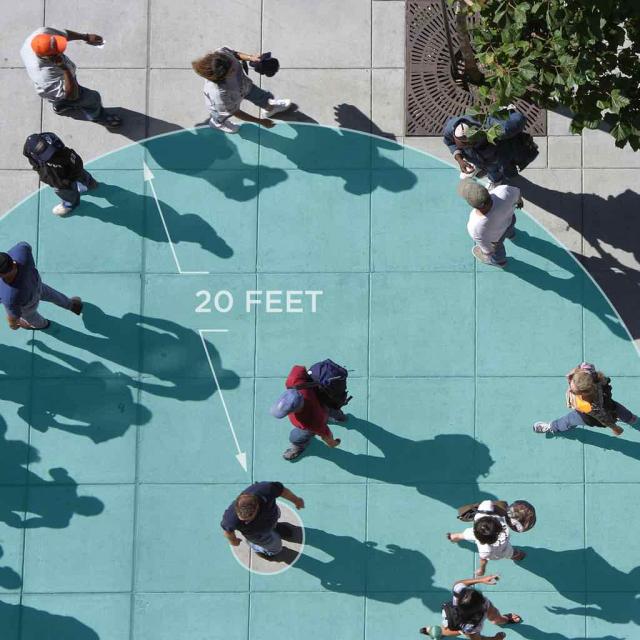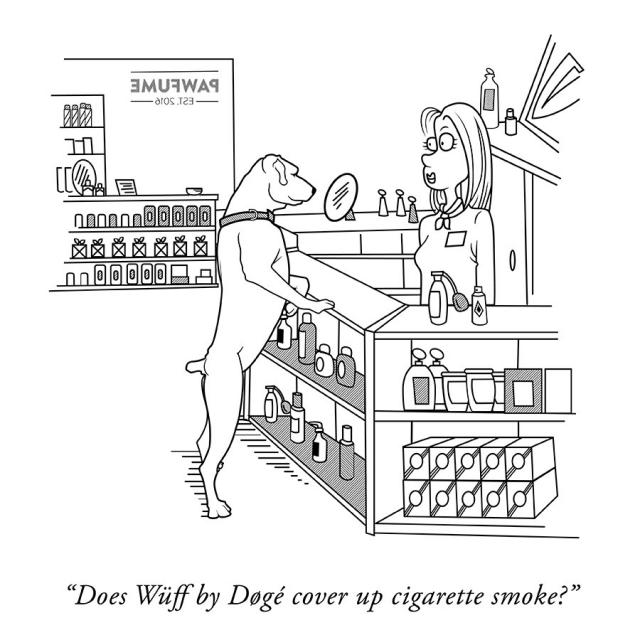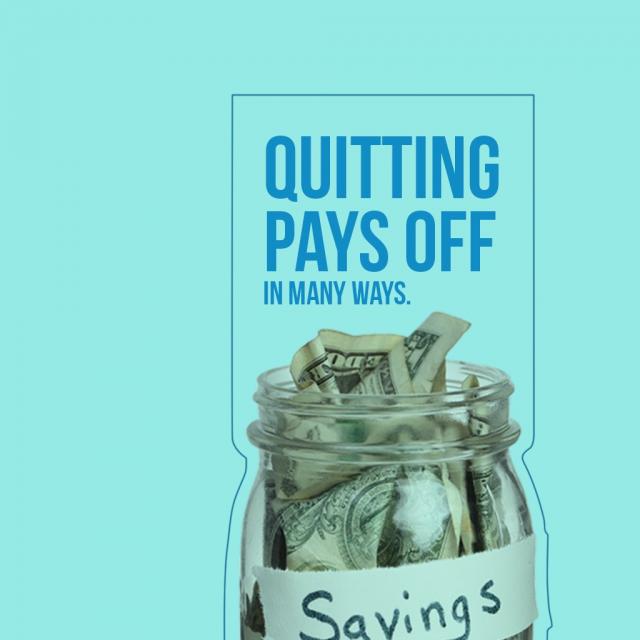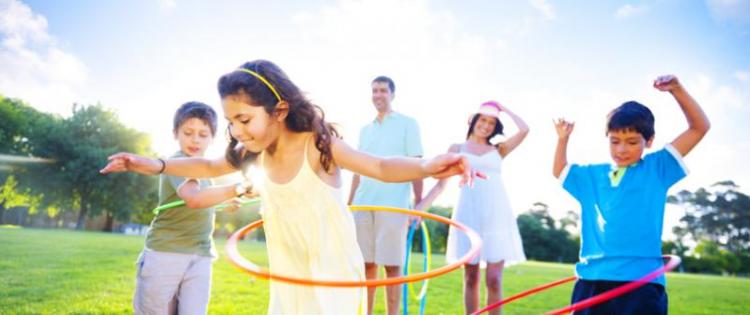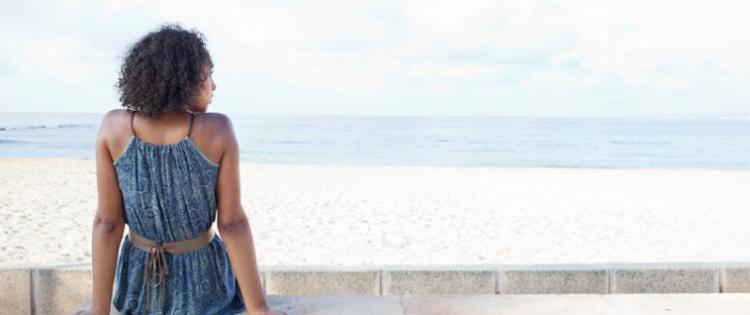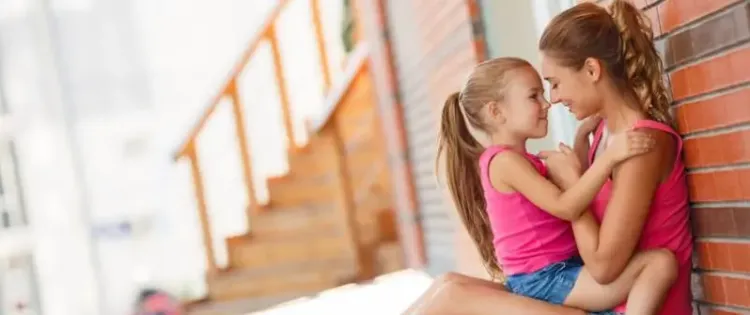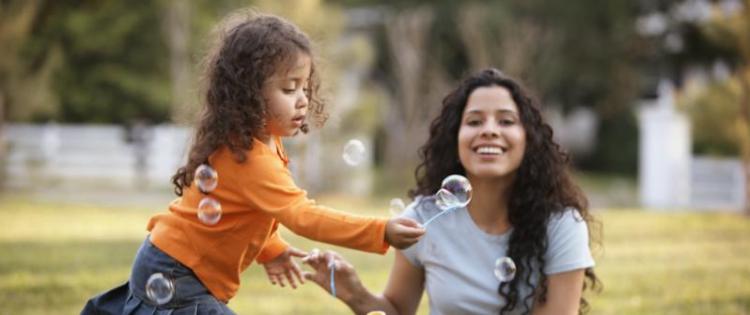Smoking harms both you and the ones you love. Quitting smoking will benefit you plus help you protect the people in your life.
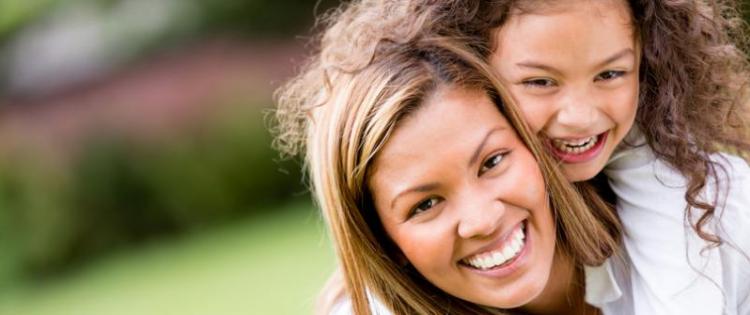
Quitting will make the people you care about happier and healthier. This may be one of your reasons for quitting.
Dangers of Secondhand Smoke
The main way smoking hurts non-smokers is through secondhand smoke. Secondhand smoke is the combination of smoke that comes from a cigarette and smoke breathed out by a smoker. When a non-smoker is around someone smoking, they breathe in secondhand smoke.
Secondhand smoke is dangerous to anyone who breathes it in. It can stay in the air for several hours after somebody smokes. Breathing secondhand smoke for even a short time can hurt your body.
Take this quiz to see how much you know about the dangers of secondhand smoke.
Health Effects of Secondhand Smoke
Over time, secondhand smoke has been associated with serious health problems in non-smokers:
- Lung cancer in people who have never smoked.
- More likely that someone will get heart disease‚ have a heart attack‚ and die early.
- Breathing problems like coughing‚ extra phlegm‚ wheezing‚ and shortness of breath.
Secondhand smoke is especially dangerous for children, babies, and women who are pregnant:
- Mothers who breathe secondhand smoke while pregnant are more likely to have babies with low birth weight.
- Babies who breathe secondhand smoke after birth have more lung infections than other babies.
- Secondhand smoke causes kids who already have asthma to have more frequent and severe attacks.
- Children exposed to secondhand smoke are more likely to develop bronchitis, pneumonia, and ear infections and are at increased risk for sudden infant death syndrome (SIDS).
The only way to fully protect non-smokers from the dangers of secondhand smoke is to not allow smoking indoors. Separating smokers from non-smokers (like “no smoking” sections in restaurants)‚ cleaning the air‚ and airing out buildings does not get rid of secondhand smoke.
Other Ways Smoking Affects Others
Smoking affects the people in your life in other ways, beyond their health. When you smoke, you may miss out on:
- Spending time with family and friends.
- Having more money to spend on the people you love.
- Setting a good example for your children. Children who are raised by smokers are more likely to become smokers themselves.
Steps You Can Take to Protect Your Loved Ones
The best thing you can do to protect your family from secondhand smoke is to quit smoking. Right away, you get rid of their exposure to secondhand smoke in your home and car, and reduce it anywhere else you go together.
Make sure your house and car remain smokefree. Kids breathe in secondhand smoke at home more than any other place. The same goes for many adults. Don't allow anyone to smoke in your home or car. Setting this rule will:
- Reduce the amount of secondhand smoke your family breathes in.
- Help you quit smoking and stay smokefree.
- Lower the chance of your child becoming a smoker.
When you're on the go, you can still protect your family from secondhand smoke:
- Make sure caretakers like nannies, babysitters, and day care staff do not smoke.
- Eat at smokefree restaurants.
- Avoid indoor public places that allow smoking.
- Teach your children to stay away from secondhand smoke.
Find out more about secondhand smoke:
- From the National Cancer Institute, Secondhand Smoke: Questions and Answers

